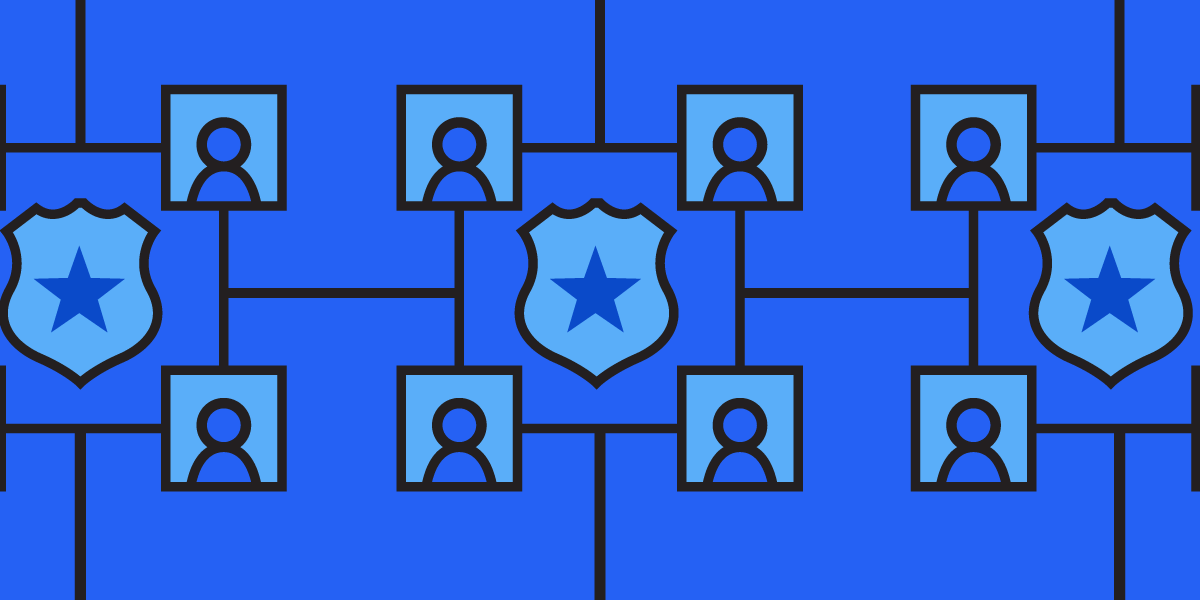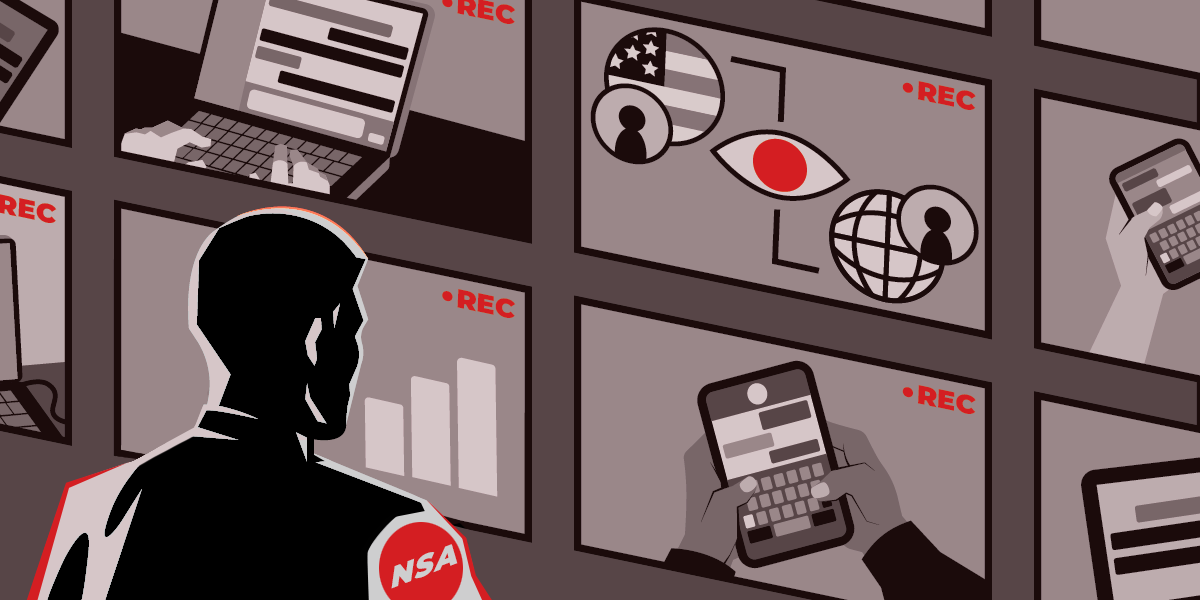
Google's abandonment of its 'Don't Be Evil' motto continues, as its entanglement with the military-industrial complex deepens. The company removed four key points from its AI principles: no involvement in weapons, surveillance, technologies causing harm, or those violating international law and human rights. Instead, it emphasizes democracies leading AI development and collaboration with governments for 'AI that protects people, promotes global growth, and supports national security.' This suggests potential involvement in AI weapons systems and surveillance using its vast computing power. This decision, following criticism from EFF and human rights groups, particularly concerning Project Nimbus (providing advanced tech to the Israeli government), raises serious ethical concerns. Google's prioritization of profit over human rights, driven by lucrative defense contracts, is evident. The potential for AI-powered autonomous weapons, targeting software, and intelligence analysis poses significant threats to individuals.
Read more























